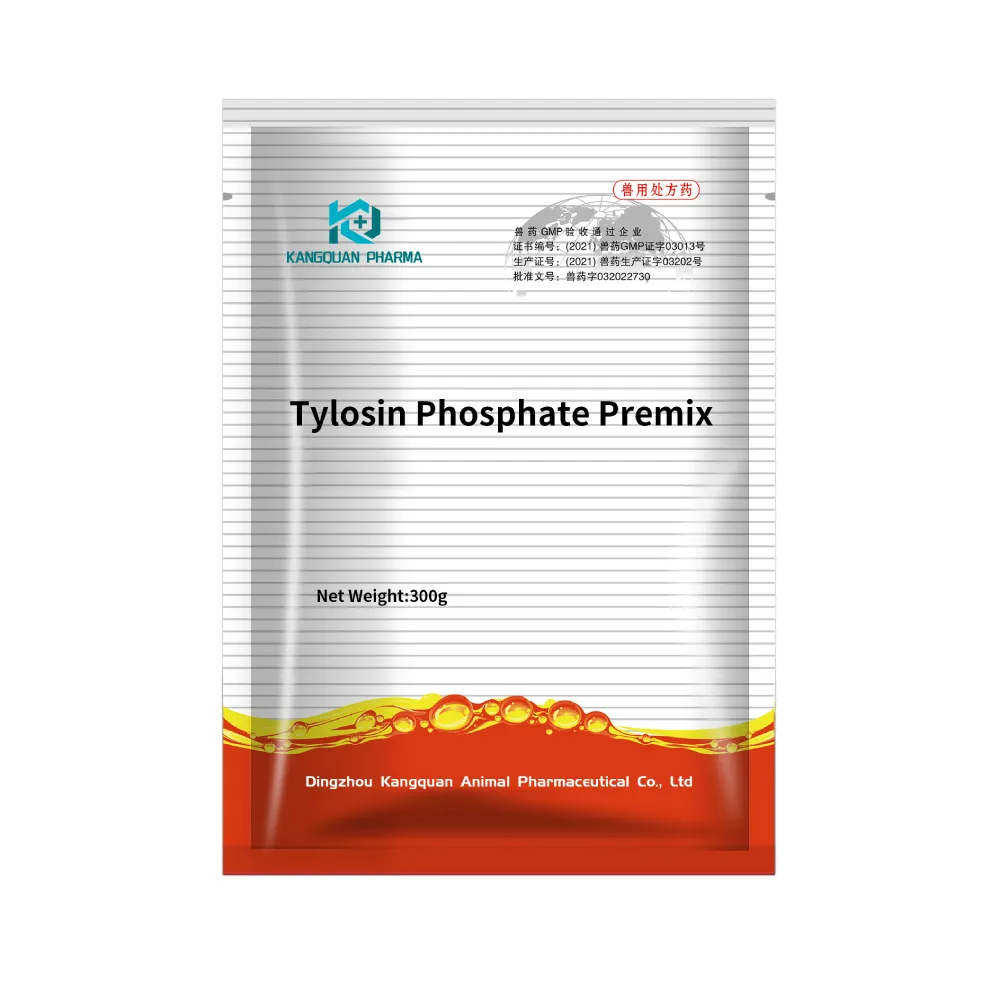- Afrikaans
- Albanian
- Amharic
- Arabic
- Armenian
- Azerbaijani
- Basque
- Belarusian
- Bengali
- Bosnian
- Bulgarian
- Catalan
- Cebuano
- Corsican
- Croatian
- Czech
- Danish
- Dutch
- English
- Esperanto
- Estonian
- Finnish
- French
- Frisian
- Galician
- Georgian
- German
- Greek
- Gujarati
- Haitian Creole
- hausa
- hawaiian
- Hebrew
- Hindi
- Miao
- Hungarian
- Icelandic
- igbo
- Indonesian
- irish
- Italian
- Japanese
- Javanese
- Kannada
- kazakh
- Khmer
- Rwandese
- Korean
- Kurdish
- Kyrgyz
- Lao
- Latin
- Latvian
- Lithuanian
- Luxembourgish
- Macedonian
- Malgashi
- Malay
- Malayalam
- Maltese
- Maori
- Marathi
- Mongolian
- Myanmar
- Nepali
- Norwegian
- Norwegian
- Occitan
- Pashto
- Persian
- Polish
- Portuguese
- Punjabi
- Romanian
- Russian
- Samoan
- Scottish Gaelic
- Serbian
- Sesotho
- Shona
- Sindhi
- Sinhala
- Slovak
- Slovenian
- Somali
- Spanish
- Sundanese
- Swahili
- Swedish
- Tagalog
- Tajik
- Tamil
- Tatar
- Telugu
- Thai
- Turkish
- Turkmen
- Ukrainian
- Urdu
- Uighur
- Uzbek
- Vietnamese
- Welsh
- Bantu
- Yiddish
- Yoruba
- Zulu
Dez . 18, 2024 09:13 Back to list
gentamicin sulfate veterinary use
Gentamicin Sulfate in Veterinary Use Applications and Considerations
Gentamicin sulfate is an aminoglycoside antibiotic widely used in both human and veterinary medicine. Its significance in veterinary practice cannot be overstated, as it serves as a critical tool in managing bacterial infections in a variety of animal species. This article delves into the applications, benefits, and considerations surrounding the use of gentamicin sulfate in veterinary medicine.
Mechanism of Action
Gentamicin exerts its antimicrobial effects by binding to the 30S ribosomal subunit of bacteria, which interferes with protein synthesis. This leads to the production of nonfunctional or toxic proteins and ultimately results in cell death. Gentamicin is particularly effective against a range of Gram-negative bacteria, including *Escherichia coli* and *Pseudomonas aeruginosa*, as well as some Gram-positive organisms. Due to its broad spectrum of activity, gentamicin is invaluable in treating serious infections in animals.
Common Uses in Veterinary Medicine
1. Infections in Companion Animals Gentamicin is frequently employed in treating infections in dogs and cats, particularly urinary tract infections, skin infections, and infections caused by susceptible bacteria. Its efficacy makes it a first-line choice in cases where a broader spectrum of activity is necessary.
2. Equine Medicine In equine practice, gentamicin sulfate is often used to treat respiratory infections, particularly those caused by *Streptococcus* and *Pseudomonas* species. Given the physical demands placed on horses in performance and racing, addressing bacterial infections swiftly and effectively is crucial for their health and performance.
3. Food Animal Applications Gentamicin is also utilized in food-producing animals to treat various infections. It is essential, however, to follow prescribed withdrawal times to avoid antibiotic residues in meat, milk, or eggs. Understanding the pharmacokinetics of gentamicin in different species is crucial for ensuring food safety.
4. Topical and Ophthalmic Use Gentamicin sulfate is formulated for topical and ophthalmic use as well. Topical preparations can be applied to wounds or localized infections, while ophthalmic solutions are effective in treating eye infections caused by susceptible bacteria.
Benefits of Gentamicin Sulfate
- Rapid Action One of the key advantages of gentamicin is its fast-acting nature. Animals often show improvement soon after starting treatment, which is critical in acute infections.
gentamicin sulfate veterinary use

- Broad Spectrum Its effectiveness against a wide variety of bacteria makes gentamicin a versatile option for veterinarians
.- Ease of Administration Gentamicin can be administered via injection, orally, or topically, depending on the type of infection and animal species. This flexibility can ease treatment protocols.
Considerations and Concerns
While gentamicin sulfate plays a vital role in treating infections, there are several important considerations
- Nephrotoxicity Gentamicin is known to potentially cause kidney damage, especially in dehydrated animals or when used at higher doses. Veterinary professionals must monitor kidney function closely during treatment, particularly in animals with pre-existing renal conditions.
- Ototoxicity Gentamicin can also lead to hearing impairment, particularly with prolonged use or high doses. Awareness of this risk is essential when developing treatment plans, particularly in older animals or those with existing hearing issues.
- Antibiotic Resistance The overuse or misuse of antibiotics, including gentamicin, can lead to the development of resistant bacterial strains. Veterinarians must adhere to guidelines for prudent antibiotic use and consider culture and sensitivity testing to ensure the appropriate antibiotic is chosen for a given infection.
- Regulatory Considerations The use of gentamicin in food animals is heavily regulated. Veterinarians must ensure compliance with veterinary drug regulations and adhere to withdrawal times to prevent antibiotic residues in animal products intended for human consumption.
Conclusion
Gentamicin sulfate is an important antibiotic in veterinary medicine, offering rapid and effective treatment for a range of bacterial infections. Nonetheless, its use comes with certain risks and responsibilities, including monitoring for potential side effects and ensuring adherence to guidelines designed to combat antibiotic resistance. By understanding both the benefits and considerations of gentamicin sulfate, veterinary professionals can make informed decisions that prioritize the health and welfare of their animal patients.
-
Guide to Oxytetracycline Injection
NewsMar.27,2025
-
Guide to Colistin Sulphate
NewsMar.27,2025
-
Gentamicin Sulfate: Uses, Price, And Key Information
NewsMar.27,2025
-
Enrofloxacin Injection: Uses, Price, And Supplier Information
NewsMar.27,2025
-
Dexamethasone Sodium Phosphate Injection: Uses, Price, And Key Information
NewsMar.27,2025
-
Albendazole Tablet: Uses, Dosage, Cost, And Key Information
NewsMar.27,2025













